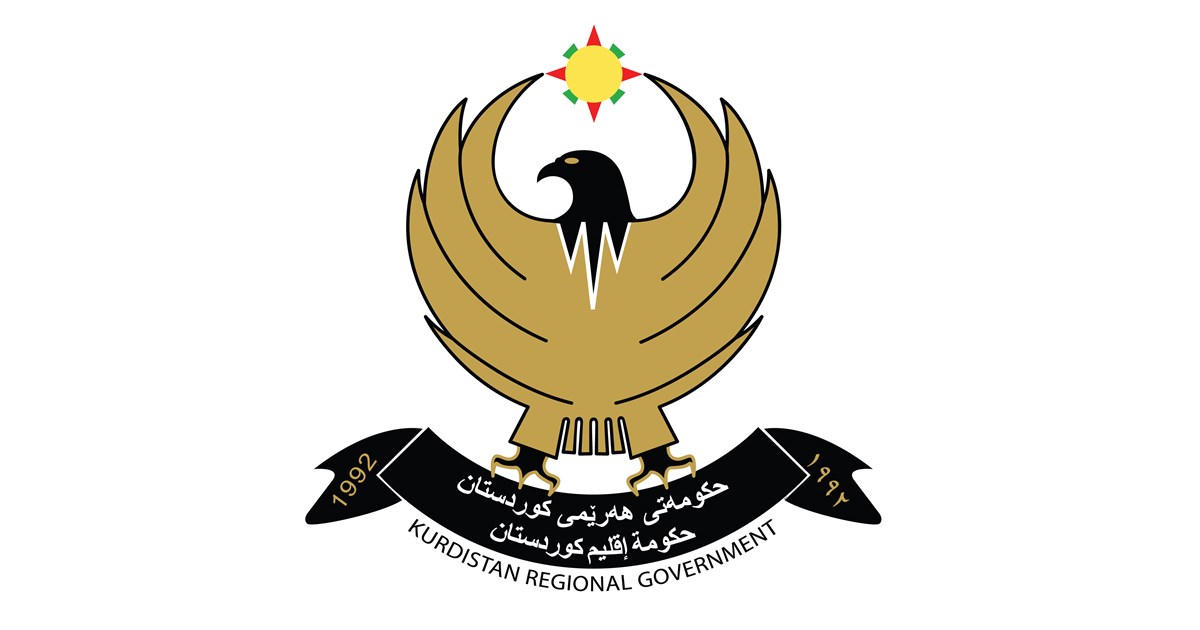Statement by the KRG Office of the Coordinator for International Advocacy (OCIA) In Response to Metro Center's Annual Report

On Monday, January 16, 2023, Metro Center for Journalists' Rights and Advocacy, released their annual report on the status of media freedoms in 2022. The KRG Office of the Coordinator for International Advocacy (OCIA) found it necessary to issue this statement, in order to offset the findings of the report.
To commence, it is important to note that media freedoms in the Kurdistan Region are unconditionally respected and endorsed. There are 8,000 journalists registered in the Kurdistan Journalist Syndicate. There are at least 1,000 individuals who are practicing journalism without membership of the syndicate. In the past 20 year, 1,262 digital and press media obtained license: 50 websites, 138 radio stations, 958 newspapers and magazines, 31 satellite channels, and 85 local broadcast stations. Taking this figure into consideration, we can infer that out of every 778 citizens of the Kurdistan Region, one of them is a journalist. Moreover, every group of 4,901 citizens is equivalent to one electronic or press media.
KRG law-enforcement agencies are obliged to execute the judicial orders. As a matter of fact, judicial warrants are the prerequisites of carrying out arrest and detentions. No exceptions are allowed and no extra-judicial arrests have been recorded. According to Law No 23 (2007), the judiciary in the Kurdistan Region commenced its work like and officially diverged from executive and legislative branches. This authority operates within a robust check-and-balance system and is free from political interference. There are four presidencies of the Courts of Appeal, which are subordinate to the Judicial Council in terms of administration and finance, and are independent in relation to the decisions they make in accordance with the applicable laws in the Kurdistan Region.
The Metro Center raises concerns about utilizing laws other than the Press Law No 35 (2007) for journalism-related cases. It is evident that the judicial authority retains the exclusive authority to discern the relevant laws from the irrelevant ones and to apply them in the right judicial contexts. Although it is for the judicial authority to elucidate the applications of the laws in the court, the Press Law is active and it is enforced.
The KRG remains abided by international calibers of human rights, especially in terms of protecting media freedoms. In this respect, the right to freedom of expression and media freedoms are thoroughly addressed in the Regional Plan for Human Rights - an inclusive framework to consolidate legislative and executive amendments. To enrich the process, OCIA will soon issue regulations to be circulated across the KRG institutions. These regulations will speed-up the implementation of the regional plan. As far as freedom of expression is concerned, changes will be made through activating the mechanism of accountability when there are allegations related to violations of freedom of expression, accelerating the process of providing information, and speeding-up the initial process of resolving cases related to journalism.
